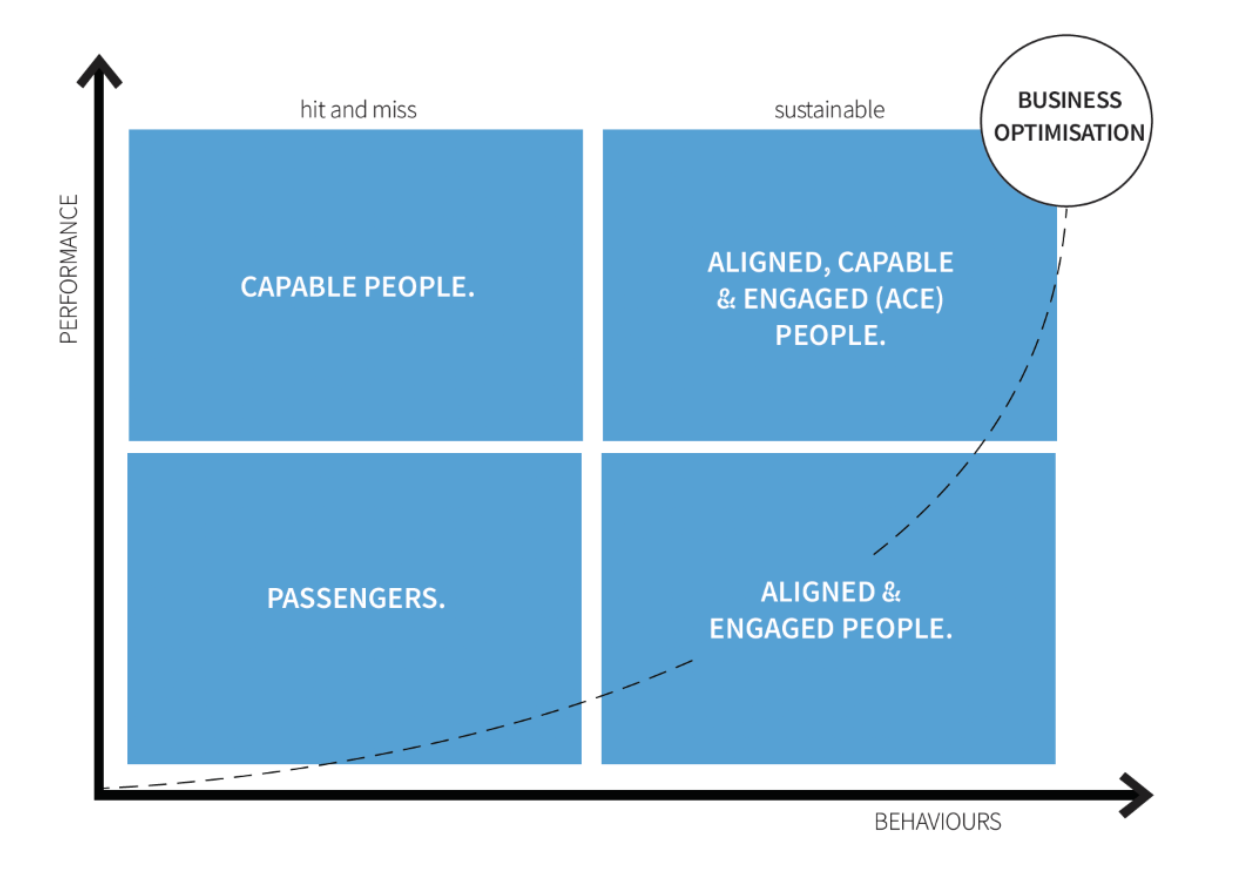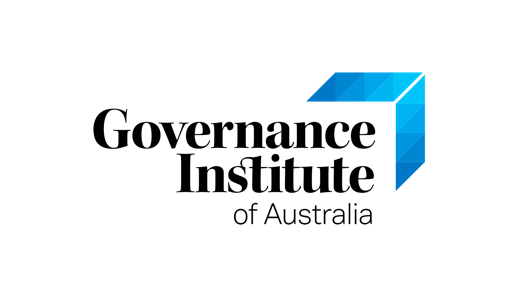In a social context trust refers to a situation whereby one party is willing to rely on the actions of another party.
In a traditional organisational context, the employer will voluntarily abandon control over the actions performed by the employee on the basis that the employee is successfully executing their responsibilities.
However, this traditional setting has been flipped on its head. Or if it hasn’t been in your organisation, then it needs to be. Here is how it really plays out.
The employee will voluntarily abandon any reservations around deploying discretionary effort and will go above and beyond for the employer because the employer has committed to recognise and reward effort with remuneration, skills development and career advancement.
Trust is an organisation’s lifeline. It is one of the most fundamental resources a business leader has. It is both an internal and external imperative.
Like we flipped the above definition of trust it is also necessary to flip the traditional myopic leadership narrative around your business, your vision or your strategy for example, and instead empower the people to deliver on all of those business–critical things for you.
People are your ultimate enablers.
ACE People.
Who would’ve thought that in 2020 an infectious disease could create the economic crisis that it has, and brought the world to its knees, to the extent that it has? There is no doubt that it is top of mind for all of us now…. not least of all its global scale, and particularly its personal impact.
Aligned, capable and engaged people will be your ultimate enablers in crisis. You need your A-team. Simple. You need to be assured that in the frontline trenches next to you that you have people that can, know and want.
Aligned people know what to do. Capable people can do. Engaged people want to do.

What is in it For Me?
In the context of crisis, it is critical that each one of your people know exactly what is in it for them every single day. It’s about helping them understand where the crisis sits, how the business is performing, and how that impacts them – keeping the lines of communication open, involving them in the detail of your turnaround strategy, and articulating their role in it.
Personal context is everything and most people use this as the filter with which to evaluate their work environment. In every corner of our daily being this subconscious risk-reward enquiry informs effort and underpins output.
To assume that your people will simply fall in behind business process and provide optimum performance is delusional thinking. Whether it be a factory worker, an admin assistant or an executive team, before they willingly provide additional effort, they will want to know what their professional development looks like over what period of time and where these responsibilities will optimise their experience and maximise their future remuneration.
And if it is not clear to them it is likely that their effort will be compliant rather than discretionary, that their productivity is disengaged rather than engaged, and that their commitment will be short rather than long term.
Instead of building a sustainable business around a workforce of enabled people you will simply be fulfilling an uncompelling ‘bums on seats’ strategy that you hope will deliver a bottom-line return, indicative of a ‘holding-on’ strategy.
In today’s COVID-environment ‘their next’ will be more than job security as that concept has been turned upside-down. It will now describe a role that has a technology aspect, that creates a product or service of compelling demand, that has a global footprint, that has a purpose and delivers a positive social impact, and is flexible from a personal perspective. And this is just the tip of the iceberg.
Give people their next and they might just give you their best.
Right People Rather Than Yes People.
Successful leaders prioritise building a specific picture around what success looks like for their people firstly, knowing that this underpins momentum and enables business success.
They know that understanding their employees’ personal context is fundamental to attracting discretionary effort.
They also have this level of engagement in place from day one so that, should a crisis eventuate, special projects arise or performance needs to lift a gear, there is no mistaking who will seek to escalate their own efforts in support of the business.
In any context, there is no capacity for disengaged and/or underperforming colleagues. In a perfect world, we don’t have them; however, we all know they exist. It is the opponents, the resistors and the activists that sit inside of all our organsiations that will undermine collective discretionary effort.
In order to attract the right people with the right skills, and place them in the right job at the right time, you must look beyond just the quantitative perspective of
Staffing. You must consider more qualitatively the emerging skills that will be required by the economy, the industry, and your offering.
You can have the best graphical representation of a skills matrix or a talent acquisition strategy however without effective workforce planning – and by effective, I mean relevant and dynamic – you may simply be creating an unproductive process fulfilling a current need to increase headcount. A ‘bums on seats’ strategy.
We all have varying degrees of people management experience – at whatever level – and we willingly back our own ability in hiring talent or outsourcing skills.
There is nothing wrong with this, it is what we do. It is highly likely that you will know more about your industry specifically and you will be prepared to take a risk in forecasting change – where you see technology taking your industry, your business and your people, for example. Maybe it’s the influence of competition, regulation or geo-political factors?
My point is that we consider managed risks every day in business however why is it that often when hiring we look for comfort in traditional roles and perhaps, yesterday’s capability? In attempting to hedge your bets against failure, you could be missing out on capability that could create substantial value.








